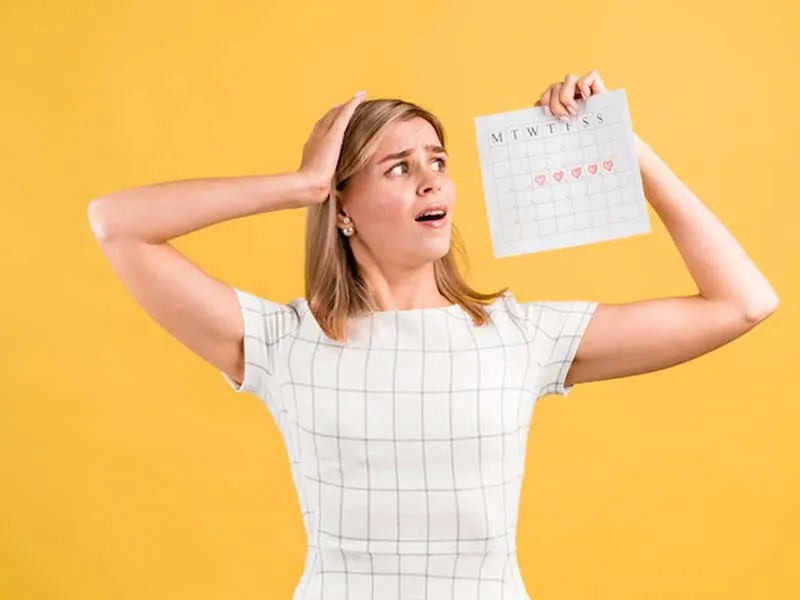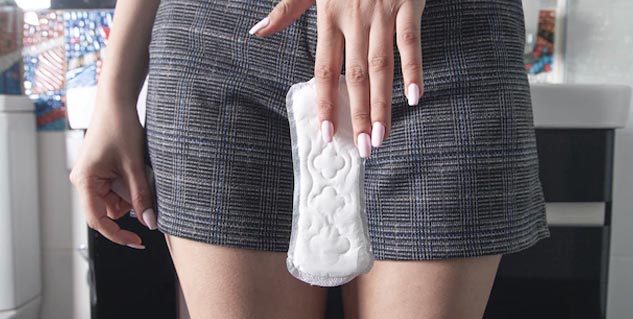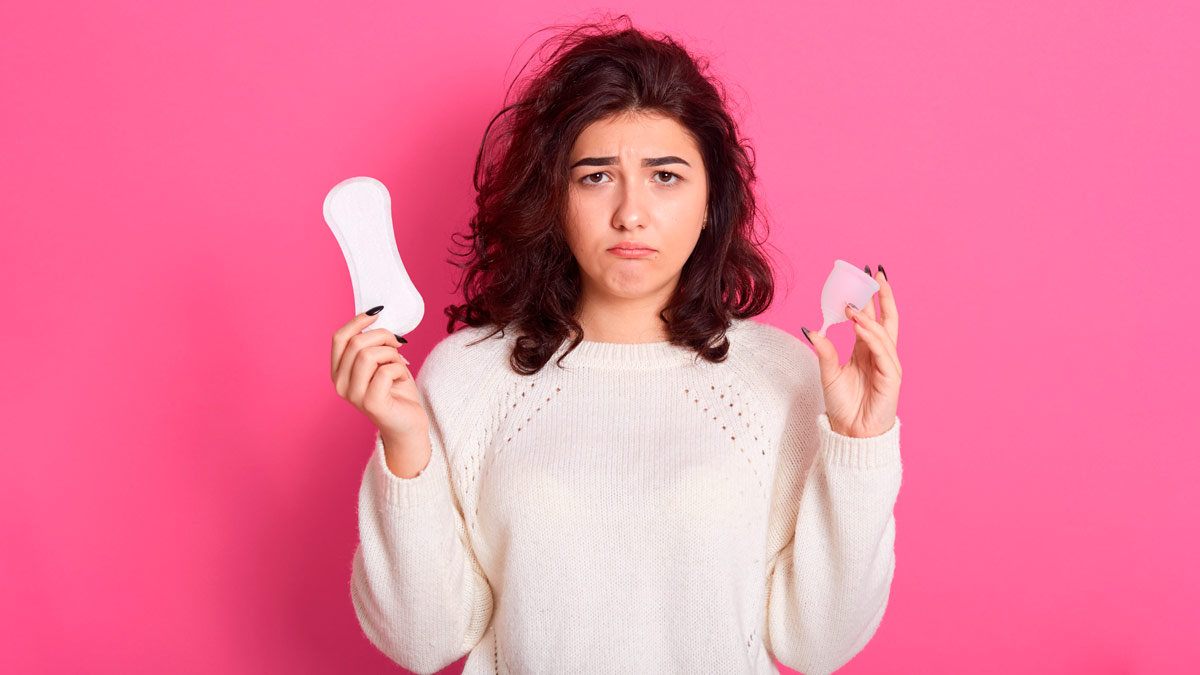
For many people, their 30s are a time of transformation, both physically and emotionally. In the middle of these changes, some may notice a shift in their menstrual cycle, particularly shorter periods. While it can feel alarming, it’s essential to understand the potential reasons and when to seek medical advice. Let’s dive in!
Table of Content:-
What’s Normal For Menstrual Cycles?
“A typical menstrual cycle lasts between 21 and 35 days, with bleeding lasting about two to seven days. However, menstrual cycles and period lengths can vary greatly between individuals. These variations are often influenced by factors like age, hormonal changes, and lifestyle,” Dr Vikas Yadav, Senior Consultant - Department of Obstetrics & Gynecology & IVF Specialist at ShardaCare - Healthcity shared with Onlymyhealth.
Why Do Periods Get Shorter in Your 30s?
There are several reasons why your periods might become shorter in your 30s. Here’s how Dr Yadav explained it:
1. Hormonal Changes
As you approach your late 30s, the ovaries produce less oestrogen, a hormone that regulates the menstrual cycle. This decline can result in lighter and shorter periods.

Also Read: Expert Shares 5 Ways To Know If Your Menstrual Cramps Have Advanced Towards Endometriosis
2. Birth Control Use
Hormonal contraceptives like birth control pills, Intrauterine Devices (IUDs), or implants can affect period length and flow. Many find that their periods become lighter or shorter while using these methods.
3. Pregnancy and Postpartum Changes
Pregnancy and childbirth can lead to significant changes in the menstrual cycle. Postpartum periods may be shorter, longer, heavier, or lighter than pre-pregnancy periods as the body adjusts.
4. Lifestyle Factors
Stress, weight changes, excessive exercise, or significant lifestyle shifts can disrupt hormonal balance, potentially leading to shorter periods.
5. Perimenopause
For some, the late 30s may mark the beginning of perimenopause, the transition phase before menopause. During this time, periods often become irregular and may shorten in duration.

Also Read: Women With Depression May Have More Painful Periods, Study Suggests
Is It A Cause For Concern?
Shorter periods aren’t always a sign of a problem, but certain changes should prompt a visit to your healthcare provider:
If your period length changes drastically without an obvious reason, such as starting new birth control.
Periods become highly unpredictable, or you experience spotting between cycles.
Symptoms like severe cramping, heavy bleeding, or missed periods could signal an underlying issue.
Potential Health Concerns To Rule Out
If you notice shorter periods, a doctor might investigate the following conditions:
1. Polycystic Ovary Syndrome (PCOS)
This hormonal disorder can cause irregular periods, including shorter cycles.
2. Thyroid Disorders
An overactive or underactive thyroid can disrupt menstrual cycles.
3. Uterine Fibroids or Polyps
These non-cancerous growths can alter menstrual bleeding patterns.
4. Premature Ovarian Insufficiency (POI)
A condition where the ovaries stop functioning properly before age 40, often leading to shorter or missed periods.
What Can You Do?
If shorter periods concern you, there are steps you can take:
Use a period-tracking app or journal to note changes in duration, flow, and associated symptoms.
Balanced nutrition, regular exercise, and stress management can support hormonal health.
Share your concerns with a doctor, who may recommend tests or treatments if necessary.
Bottomline
Periods evolving in your 30s are often a natural part of ageing and hormonal shifts. While shorter periods are typically not a cause for alarm, staying informed and proactive about your health can make all the difference. If something feels off, trust your instincts and seek medical advice. Your 30s are a time to welcome change, including understanding and caring for your body in new ways.
Also watch this video
How we keep this article up to date:
We work with experts and keep a close eye on the latest in health and wellness. Whenever there is a new research or helpful information, we update our articles with accurate and useful advice.
Current Version
